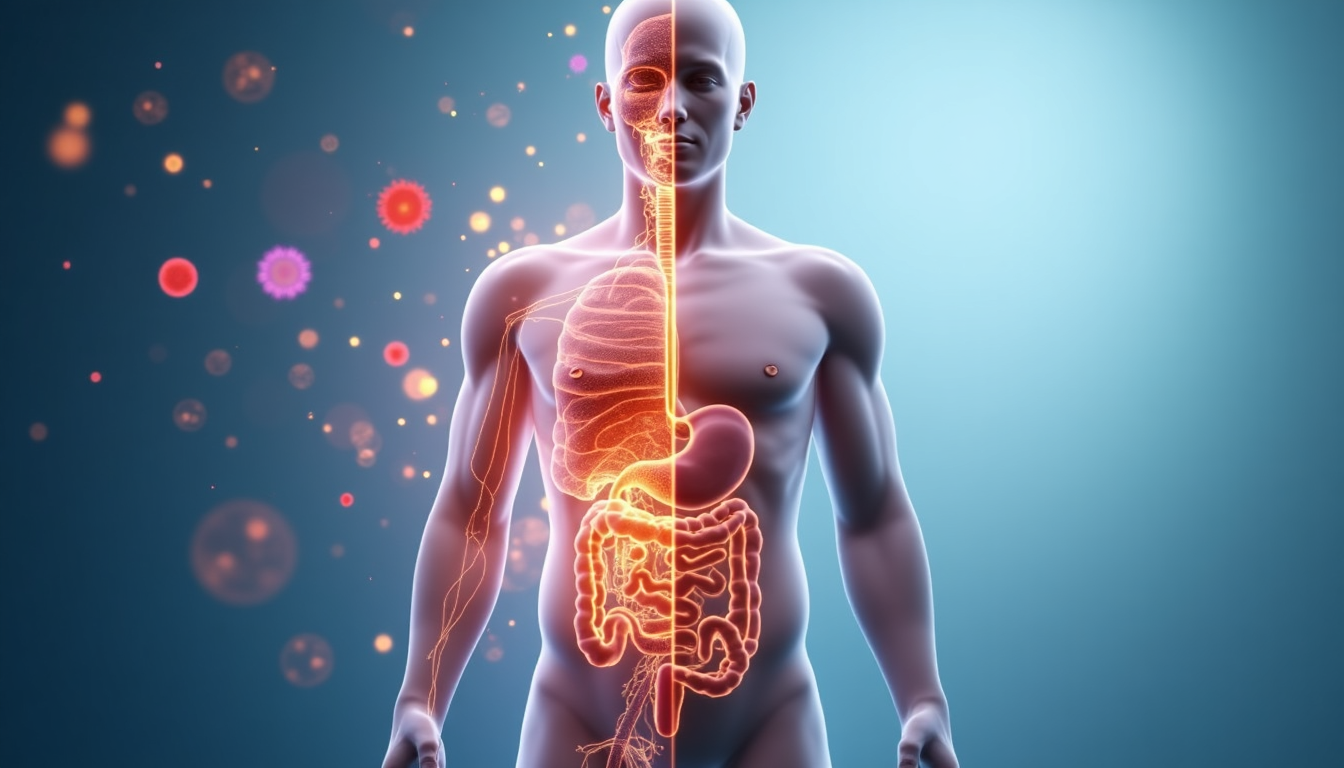Low Testosterone may be responsible for low mood, obesity, killing your sex drive and impacting on erectile dysfunction.
Testosterone, the primary male hormone, plays a vital role in muscle growth, bone strength, sperm production, sexual performance, focus, memory, and energy. Often referred to as the source of a man’s “mojo,” it fuels a full and vibrant life. However, a disturbing global decline in testosterone levels has emerged, with studies showing a consistent 1% annual drop since 1987. The European Male Ageing Study revealed that 2.1% of men have testosterone levels low enough to require treatment, while 20% experience sub-optimal levels.
This decline is attributed to factors such as obesity, rising rates of diabetes, sedentary lifestyles, exposure to phthalates in plastics, crop chemicals, and medications like antidepressants. According to Prof. Geoffrey Hackett, a leading expert in urology, “Increased body fat breaks down testosterone into estrogen, contributing to hormonal imbalance.”
Testosterone is crucial for overall health, with low levels linked to conditions like high cholesterol, diabetes, obesity, osteoporosis, erectile dysfunction, infertility, and even a higher risk of early death. Despite its importance, many men remain undiagnosed due to limited awareness and a reluctance to discuss hormonal health. Unlike women, who often openly discuss menopause, men are less likely to address their hormonal challenges, as noted by Prof. Hackett.
Adding to the issue is a lack of specialised knowledge among some general practitioners. Symptoms of low testosterone—such as fatigue, depression, anxiety, low libido, erectile dysfunction, and memory issues—often overlap with other health conditions, leading to misdiagnoses like depression without testing testosterone levels.
The Three Key Indicators of Low Testosterone
While symptoms may vary, research from the European Male Ageing Study highlights three definitive signs of low testosterone:
1. Loss of Morning Erections
A noticeable absence of spontaneous erections in the morning or evening is one of the strongest indicators. “Morning erections are a natural mechanism to preserve sexual function,” says Prof. Hackett. “When testosterone drops, this protective process is disrupted.” when he discussed low testoesterone oin the article called Your testosterone level could be killing your sex drive – here’s what to do about it’ published in The Telegraph paper today.
2. Erectile Dysfunction
Testosterone plays a crucial role in the body’s ability to maintain erections. Dr. Channa Jayasena, an expert in reproductive endocrinology, explains, “Without sufficient testosterone, the systems that enable erections lose their responsiveness.”
3. Low Libido
A significant, long-term decline in sexual desire can also signal hormonal imbalance. While libido naturally decreases with age or due to stress, a persistent lack of interest in sex—enough to impact relationships or personal fulfillment—often points to low testosterone levels.
High testosterone Levels can also be an issue
High testosterone is less common and often linked to underlying conditions such as adrenal gland disorders, steroid use, or tumors in hormone-producing organs. In women, high testosterone is frequently associated with polycystic ovary syndrome (PCOS).
Take Control of Your Hormonal Health and get a testosterone test
If you’re experiencing any of these signs, testing your testosterone levels is a proactive step toward better health. Early detection and treatment can restore hormonal balance, improve overall well-being, and help you regain your energy, focus, and vitality.
How to check your testosterone levels?
A simple at home saliva test is needed to check your Testosterone levels
Get your testosterone Test here
For Men
Testosterone levels naturally decline with age, with levels dropping about 1–2% annually after age 30–40. Older men may have lower “normal” levels than younger men.
Measured in nanograms per deciliter (ng/dL) or nanomoles per liter (nmol/L), total testosterone includes both bound (to proteins like SHBG and albumin) and free testosterone.
Total Testosterone Ranges
Testosterone is the principal androgen in men and plays a critical role in muscle mass, bone density, mood, and libido.
Total testosterone: 300 – 1,000 ng/dL (10.4 – 34.7 nmol/L).
Free testosterone: 50 – 210 pg/mL (0.17 – 0.73 nmol/L).
Low testosterone levels and what to do about it
Levels below 300 ng/dL (10.4 nmol/L) are generally considered low, though exact cut offs can vary slightly based on the lab and clinical guidelines. Persistent fatigue, decreased strength, or reduced sexual drive can signal sub optimal testosterone. First line management typically focuses on optimising sleep, resistance training, and a nutrient‑dense diet rich in zinc, magnesium, and healthy fats. When lifestyle shifts aren’t enough, clinicians may recommend testosterone replacement therapy (TRT) under careful monitoring to restore levels to the mid to upper reference range.
For a data driven assessment of androgen status, consider the DUTCH Plus Hormone Panel for Men, its detailed metabolite breakdown helps practitioners tailor interventions that maximise benefits while minimising risks.
For Women
Testosterone is present at much lower levels in women.
Total testosterone: 15–70 ng/dL (0.5–2.4 nmol/L).
Free testosterone: Below 2.7 pg/mL (0.009 nmol/L).
Low testosterone levels and what to do about it
Management strategies depend on whether levels are too high or too low. Treatments for low testosterone may include lifestyle adjustments, such as exercise and diet, or hormone replacement therapy. High testosterone levels may require addressing the root cause, such as discontinuing steroid use or treating PCOS. A Comprehensive Dutch Plus Hormone Panel for Women can help pinpoint imbalances and guide personalised interventions.
Chronic low testosterone can lead to long-term complications, including osteoporosis, cardiovascular issues, and metabolic disorders. Addressing low testosterone may involve lifestyle changes, hormone replacement therapy (HRT), or managing underlying conditions like obesity or diabetes.
Check your Testosterone Levels Here with the Smart Nutrition Testosterone Test





